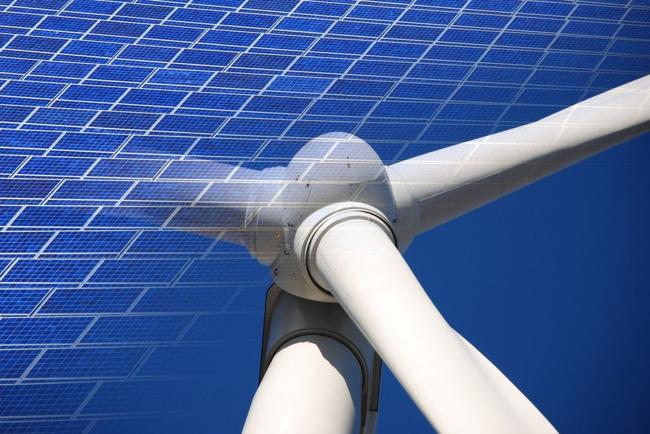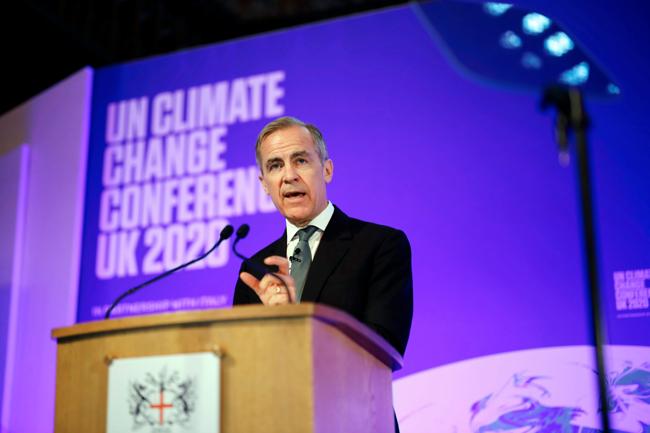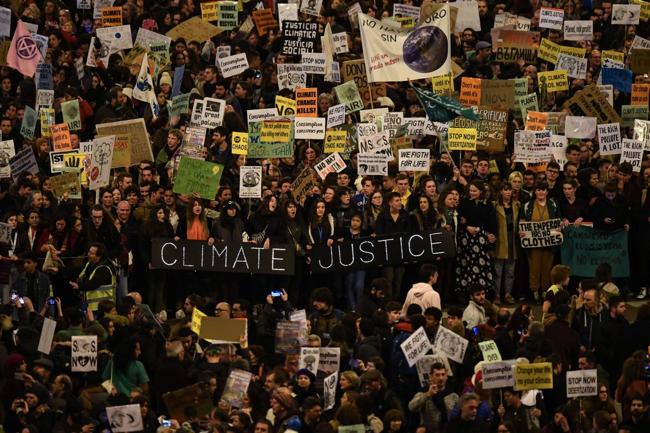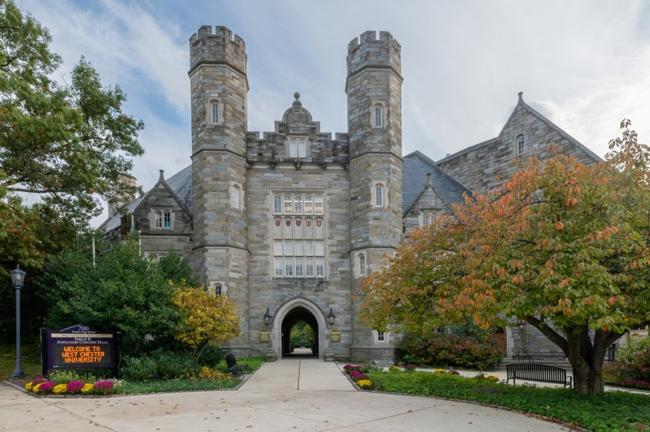Summary
Keeping purchaser causation, collaboration and emissionality in mind are key to procuring 100% renewable energy in a low-risk, cost-effective way that achieves tangible emissions reductions and environmental improvements.
Source: pv magazine USA

AI News Q&A (Free Content)
Q1: What is the Renewable Energy Independent Power Producer Procurement Programme (REIPPPP) and how does it contribute to emissions reductions?
A1: The REIPPPP is a South African government initiative designed to increase electricity capacity through private sector investments in renewable energy. As of 2023, it has awarded 123 projects, contributing significantly to the country's climate change objectives. It has reduced 22.5 million tonnes of CO2 and saved 26.6 million kilolitres of water, supporting South Africa’s commitments under the Paris Agreement.
Q2: How does the concept of 24/7 carbon-free energy procurement impact the power system and emissions reduction?
A2: 24/7 carbon-free energy procurement aims to meet every kilowatt-hour of electricity consumption with carbon-free sources at all times. This approach helps overcome temporal mismatches in clean electricity supply and demand. Studies show that such procurement has consistent benefits for participants and significantly reduces system-level emissions. It also accelerates innovation and deployment of advanced energy technologies.
Q3: What are some key strategies for effective renewable energy procurement to achieve Net-Zero emissions?
A3: Key strategies include using AI solutions for accurate energy demand forecasts and recommendations for renewable electricity procurement. These strategies aim to optimize costs and carbon offsets, thereby increasing the share of renewable energy in overall consumption and aiding in the transition from fossil fuels to greener sources.
Q4: What role does collaboration play in renewable energy procurement and emissions reduction?
A4: Collaboration among various stakeholders is crucial in renewable energy procurement, enhancing the effectiveness of emissions reduction efforts. Collaborative strategies involve partnerships across sectors to share best practices, reduce costs, and accelerate the adoption of renewable technologies. This collective approach ensures a more sustainable and impactful transition to renewable energy sources.
Q5: How do minimum renewable generation shares affect the cost and effectiveness of energy system transformations?
A5: Minimum renewable generation shares serve as mechanisms to ensure specific levels of renewable energy usage, impacting system costs and transformation pathways. While they can increase system costs compared to direct emission cap solutions, they incentivize expanding renewable generation and storage technologies, offering a robust decarbonization mechanism that supports climate neutrality goals.
Q6: What are the main challenges faced by organizations in transitioning from fossil fuels to renewable energy?
A6: Organizations face challenges such as the need for significant investment in renewable infrastructure, technological integration, and managing the balance between cost and energy efficiency. Additionally, the transition requires overcoming regulatory obstacles and securing stakeholder buy-in to support sustainable energy goals effectively.
Q7: What environmental improvements have been observed from the Regional Renewable Energy Procurement Project in the San Francisco Bay Area?
A7: The Regional Renewable Energy Procurement Project in the San Francisco Bay Area aims to develop 186 sites to generate 31 megawatts of electricity, sufficient for over 6,000 residences. This initiative not only supports clean energy goals but also creates over 800 jobs, demonstrating significant environmental and economic benefits through sustainable development.
References:
- Renewable Energy Independent Power Producer Procurement Programme
- Right here, right now? The role of spatio-temporal minimum renewable shares for energy system transformation pathways
- On the means, costs, and system-level impacts of 24/7 carbon-free energy procurement
- Sustainability using Renewable Electricity (SuRE) towards NetZero Emissions
- Regional Renewable Energy Procurement Project





